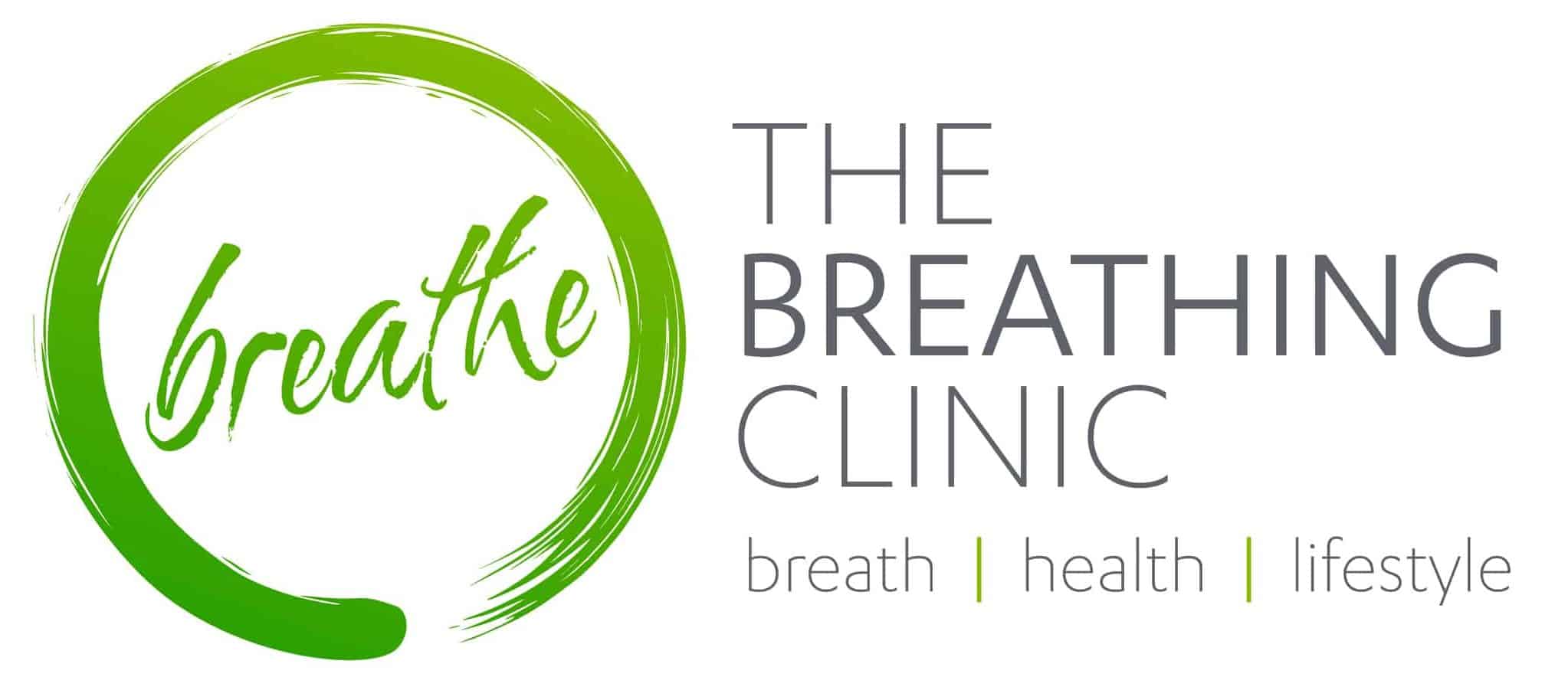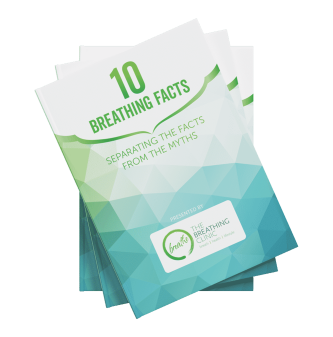Scientific Articles
Research and articles from international medical journals and other sources support the effectiveness of Buteyko breathing techniques.
Clinical Trials
Buteyko breathing techniques in asthma: a blinded randomised trial
A study showing how Buteyko technique can help control the symptoms of asthma.
Source: Simon D Bowler, Amanda Green and Charles A Mitchell Medical Journal of Australia 1998; 169:575-57
Buteyko Breathing Technique for asthma: an effective intervention
A New Zealand study showing that Buteyko is a safe and effective way to manage asthma.
Source: Patrick McHugh, Fergus Aitcheson, Bruce Duncan, Frank Houghton Journal of the New Zealand Medical Association, 12-December-2003, Vol 116 No 118T
Health Education: Does the Buteyko Institute Method make a difference?
About 500 participants were involved in this study and all experienced a reduction in their asthma symptoms.
Source: Jill McGowan, Education and training consultant in Asthma Management. Thorax Vol 58, suppl III, page 28, December 2003.
A Randomised Controlled Trial of the Buteyko Technique for Asthma Management
This trial showed that both Buteyko and control (physiotherapy) interventions produced a favourable outcome in 70% of the participants.
Source: Robert L. Cowie, Diane P. Conley, Margot F. Underwood, Patricia G. Reader Respiratory Medicine May 2008 (Vol. 102, Issue 5, Pages 726-732)
Study explains success of Buteyko
About 25% of asthmatics have symptoms of dysfunctional breathing and this might explain the anecdotal success of the Buteyko method.
Source: Megan Howe Australian Doctor, p 20, 11 May 2001
Prevalence of dysfunctional breathing in patients treated for asthma in primary care: a cross sectional survey
This study shows that about a third of women and 20% of men diagnosed with asthma may have dysfunctional breathing.
Source: M Thomas, RK McKinley, E Freeman, C Foy British Medical Journal 2001;322:1098-1100 (5 May 2001)
Beta Agonists Trigger T Cell Accumulation
Study findings suggest that bronchodilators may increase inflammation, potentially worsening asthma, heart failure and lupus.
Source: J Allergy Clin Immunol 2006
Breathing exercises for asthma: a randomised controlled trial
This study showed that exercises may help patients whose quality of life is impaired by asthma, but may not reduce the need for anti-inflammatory medication.
Source: M Thomas, R K McKinley, S Mellor, G Watkin, E Holloway, J Scullion, D E Shaw, A Wardlaw, D Price, I Pavord Thorax 2009; 64:55-61
Published Articles
Asthma-related articles
Breathing Exercises and/or Retraining Techniques in the Treatment of Asthma:
Comparative Effectiveness
A report by the Agency for Healthcare Research and Quality, AHRQ, for the United States Institute of Health (NIH) finds Buteyko delivers substantial reductions in symptoms and medication usage for asthmatics. This study concluded that the Buteyko Method of breathing retraining produced ‘benefits in terms of reduced symptoms and bronchodilator usage’ for people suffering with asthma.
Buteyko Breathing Technique for asthma: an effective intervention
38 asthmatics participated in this study published in the New Zealand Medical Journal.
One group was taught the Buteyko Method of breathing retraining and the other group was taught conventional asthma education and relaxation techniques. The trial showed an 85% reduction in inhaled relievers and a 50% reduction in inhaled steroids for the Buteyko Method group. The control group showed a 37% reduction in reliever medication and no change in their preventer medication after 6 months.
It concludes: ‘The Buteyko Breathing Technique (BBT) is a safe and efficacious asthma management technique. BBT has clinical and potential pharmaco-economic benefits that merit further study.’
Sleep apnoea-related articles
Sleep apnoea and breathing retraining
This comprehensive survey on breathing retraining for sleep apnoea assessed over 11,000 people with sleep apnoea who completed the Buteyko method of breathing retraining.
The majority of the participants improved their sleep quality and reduced symptoms associated with sleep apnoea.
Clinical Review: Sleep apnoea – a survey of breathing retraining
The Australian Nursing Journal published this article in 2012. It presents the clinical experience of Buteyko practitioners treating breathing retraining to sleep apnoea clients.
Around 80% of clients using CPAP machines to help them breathe at night were able to cease using them; clients also experienced a reduction in snoring and low energy levels during the day.
Role of Buteyko breathing technique in asthmatics with nasal symptoms
Rhinitis symptoms reduced by 71% in asthmatics using the Buteyko method of breathing retraining in this study done at Limerick Regional Hospital in Ireland.
Sinonasal obstruction symptom evaluation (SNOT) scores showed a 71% reduction of rhinitis symptoms in asthma at 3-month follow up from the 26 patients included in the study.
Facial development and mouth-breathing articles
Abnormal facial development linked to mouth breathing
This collection of studies linking the development of the facial structure to mouth-breathing discusses the development of the jaw, crowding of the teeth and sinuses, and the development of the ‘long face syndrome’.

Free Guide Reveals 10 Common Breathing Myths That Could Be Affecting You
In this guide we address some key myths and misunderstandings around breathing.

